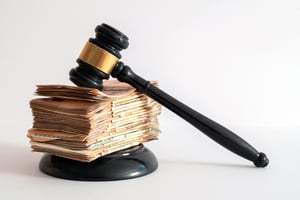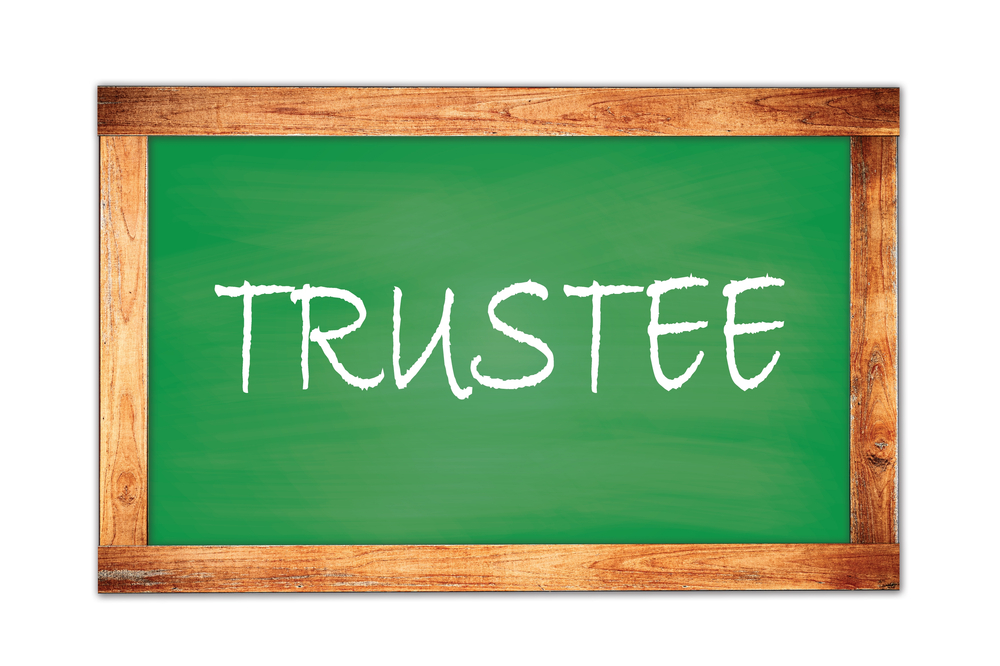Can I Get Rid of Civil or Criminal Fines and Penalties if I file for Bankruptcy in Saint Paul, Minnesota?
Whether a person files a chapter 13 or chapter 7 bankruptcy case in Minnesota, they are afforded a tremendous amount of relief and protection from their creditors. In a chapter 13 case, the debtor (what you call someone who files a bankruptcy case) pays as much as they can afford in a three to five year repayment plan, after which they receive a discharge of their debts.
In a chapter 7 case, the debtor simply receives a discharge of their debts, typically within three to four months after their case is filed with the court, without having to make any payments (although in some circumstances they may have to give up certain nonessential property (aka “nonexempt” property) to the trustee to pay creditors).
When a person receives a discharge, it wipes out all debts that the person was legally liable for prior to their case being filed, with certain limited exceptions that are listed in the Bankruptcy Code. The most common debts that are not dischargeable are most taxes, past-due alimony and child support, and student loans (except in very limited circumstances). Many people owe debt to the government in the form of fines, penalties, and tickets whether criminal or civil in nature. In some circumstances this debt may be dischargeable and it may not be dischargeable in other circumstances.
Whether a civil or criminal debt owed to the government is dischargeable depends upon whether the debtor is in a chapter 13 or a chapter 7 bankruptcy case, and whether the purpose of the money owed to the government is punitive or compensatory in nature. A traffic ticket or a fine imposed by a civil or criminal court is punitive in nature due to the fact that it is designed to punish the individual for their behavior, such as speeding on the highway (a civil offense) or driving without a license (a criminal offense). In cases where the punitive debt is civil in nature, the debt is not dischargeable in a chapter 7 bankruptcy case. It is, however, dischargeable in a chapter 13 bankruptcy case. If the punitive debt is criminal in nature, the debt will not be dischargeable in either a chapter 7 or chapter 13 bankruptcy case. An example of such a criminal debt that is never dischargeable would be criminal restitution owed to a victim as part of a defendant’s criminal conviction and sentencing.
If the debt owed to the government is compensatory in nature, it is dischargeable in both chapter 7 and chapter 13 cases, regardless of whether it is civil or criminal in nature. An example of this would be if the government bills someone for damage they caused from their own negligence. In such a case, since the debt is owed for the purpose of reimbursing the government, and not specifically for the purpose of punishing the negligent individual, the debt would be dischargeable in either a chapter 13 or 7 case.
CALL NOW FOR A FREE STRATEGY SESSION FROM A MN BANKRUPTCY LAWYER AT LIFEBACK LAW FIRM
Bankruptcy law can be complicated and a person considering filing for either chapter 13 or chapter 7 bankruptcy should first consult with an experienced bankruptcy attorney. LifeBack Law Firm now has an office located at 370 Selby Ave., Suite 224, St. Paul, Minnesota 55102, in Saint Paul’s beautiful historic cathedral hill neighborhood. Come visit us there or online at lifebacklaw.com!







